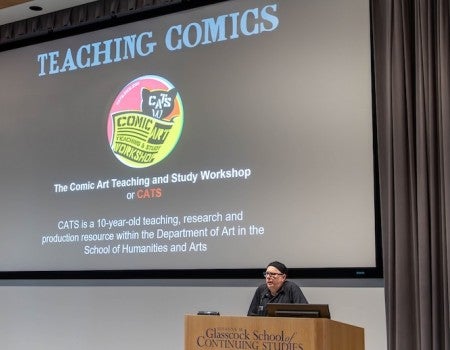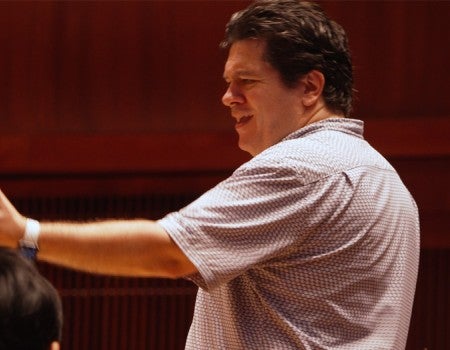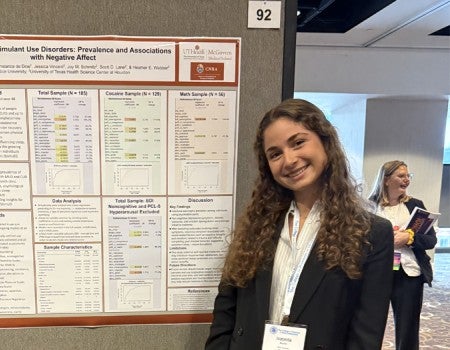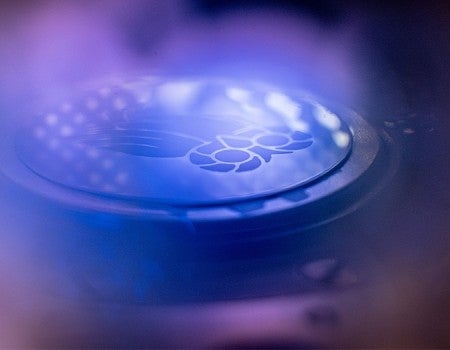

People, papers and presentations for Sept. 20, 2021
Rice Space Institute Director David Alexander, a professor of physics and astronomy, has been named by Houston Mayor Sylvester Turner to the board of the Houston Spaceport Development Corporation.

Frank Klaus Tittel, a physicist whose career paralleled the rise of modern laser technology and who helped build Rice’s reputation in laser spectrosc...

Art teachers, artists and comics enthusiasts gathered at Rice University Feb. 20 for Teaching Comics, a one-day symposium exploring how comics can fun...

Nearly 700 prospective graduate students, current scholars, faculty and staff gathered at the Houston Museum of Natural Science for Rice University’s ...

Martono, a second-year master’s student in violin performance, won the title of Miss Chinatown Houston 2025, her first-ever pageant....

Undergraduates at Rice are digging into real, possible wrongful conviction cases this semester, examining evidence to bring renewed attention to indiv...

Rice President Reginald DesRoches was honored with a Community Trailblazer Award Feb. 19 by the city of Houston’s controller Chris Hollins during his ...

Rice commends Stacy Mosely for 14 years of service. As executive senior associate athletic director/senior woman administrator, Mosely maintains admin...

Students convened at Rice University Feb. 20 for what organizers called a rare chance to hear and learn directly from one of the most influential musi...

The role brings Cristian Măcelaru ’06 ’08 back to campus several times each year to coach, conduct and mentor students across departments....

Isabella Bourtin balances GRE prep, lab work and upper-level courses as she pivots from pre-med ambitions toward a future in clinical psychology....

John Green, the No. 1 New York Times bestselling author, influential educator and global YouTube phenomenon, will serve as the speaker for Rice's 113t...

A Rice research lab’s signature keepsake helped perfect a method for growing patterned diamond surfaces that could help decrease operating temperature...

People, papers and presentations for Sept. 20, 2021
Rice Space Institute Director David Alexander, a professor of physics and astronomy, has been named by Houston Mayor Sylvester Turner to the board of the Houston Spaceport Development Corporation.

Amitav Ghosh on the dangerous delusions that created our climate crisis
The renowned novelist explored the global legacy of colonial attitudes and aggression during the two-night Campbell Lecture Series.

Grant backs effort to build useful bacterial colonies
Rice scientists have won a grant to advance the development of custom-designed microbial colonies for a variety of applications.